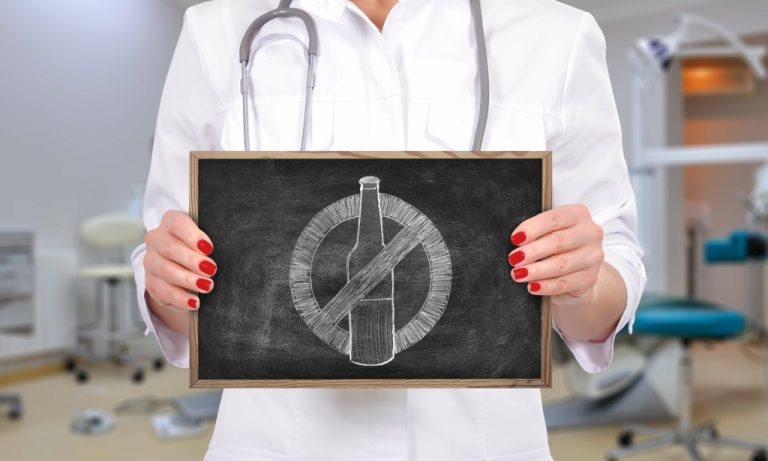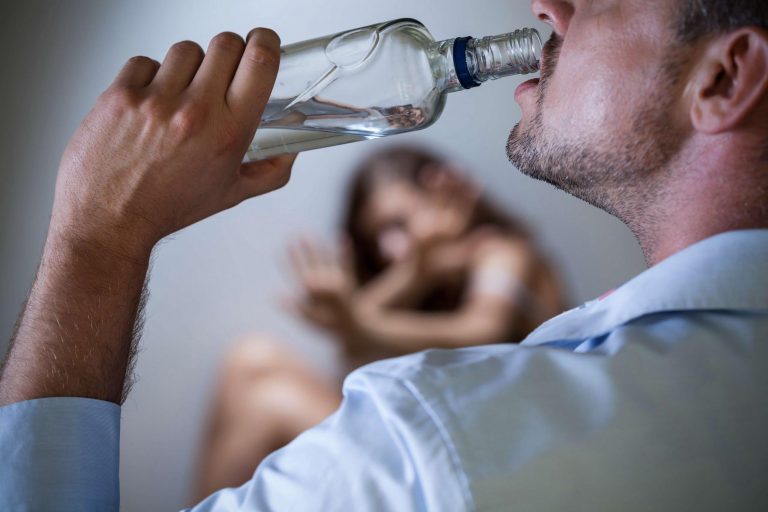Sober living
Why Is Alcohol Addictive? The Physical and Psychological Factors and Treatments
AUD looks different for everyone, making it difficult for people to see themselves as having an alcohol problem, especially if they don’t drink every day. The truth is, drinking every day is not a prerequisite for alcohol use disorder. Some of the most dangerous alcohol use conditions often involve binge drinking or drinking large amounts of alcohol in one sitting, rather than consuming a few drinks daily. Tolerance occurs when your brain becomes accustomed to the effects of alcohol and requires a higher amount to experience the same effect. Over time, increasing alcohol intake can negatively impact the mind and body, and tolerance is one of these effects.

What Are the Psychological Factors That Make Alcohol Addictive?

If you suggest a dramatic action, be prepared to follow through with it. Working with an addiction or intervention specialist can often be helpful, but some people arrange interventions on their own without professional help. Using cognitive-behavioral therapy methods, you’ll learn to manage cravings for alcohol and better manage your thoughts and behaviors. You can join no matter what belief system you have, or if you don’t have one at all.
Emotional Dependence
One example is college campuses with a prevalent drinking culture and Halfway house peer pressure to engage in heavy drinking. This final stage is when loved ones usually know for certain that there is a problem. During this final stage of alcoholism, it is imperative the person seek help and stop drinking. However, what’s important to understand and educate more people about are the early stages of alcohol use disorder.
What is Moderate Drinking?
Detoxification under medical supervision is the first step, followed by long-term counseling and lifestyle changes to maintain sobriety. The consequences of long-term alcohol addiction are far-reaching, affecting not only the health of the individual but also their psychological well-being and personal relationships. It’s crucial for anyone struggling with alcoholism to seek alcohol addiction treatment. A common initial treatment option for someone with an alcohol addiction is an outpatient or inpatient rehabilitation program. It can help someone handle withdrawal symptoms and emotional challenges.

Peptic ulcer disease
- Despite her animosity toward her parents’ drinking habits, Susan followed in their footsteps.
- People with these conditions may use alcohol as a way to numb their negative emotions or to escape from difficult situations.
- Effective treatment for alcohol use disorder involves a combination of medical, therapeutic, and holistic approaches.
- Expressly, some people’s brains release more pleasure chemicals in response to alcohol.
- We’re here to help you reclaim joy, wellness, and a brighter future.
By the time a person reaches this stage, they are experiencing both physical and mental health deterioration—the outlook is bleak if they don’t get help. To overcome alcohol addiction requires a multifaceted approach involving determination, professional support, and lifestyle adjustments. Seeking therapy, enrolling in treatment programs, and building a supportive network are key steps. Avoiding alcoholic dementia necessitates maintaining a balanced diet, staying hydrated, and seeking timely medical care. Adopting preventive measures mitigates the long-term cognitive effects of alcohol abuse. The physical factors that make alcohol addictive are the release of dopamine, changes in neurotransmitter levels, building tolerance, triggering withdrawal symptoms, and altering brain structure.
Stage 1: Acute Withdrawal (0-72 Hours)
Mental health and alcohol addiction influence each other in a couple of ways. People with conditions like depression, anxiety, trauma, or bipolar disorder may use alcohol to cope with their psychiatric symptoms. As well as ‘psychological addiction’, alcohol can also produce physical dependency. People who are physically dependent on alcohol will need the support of a healthcare professional to stop drinking and may need to detox in hospital under medical or nursing supervision. The primary treatments for alcohol addiction are Medication-Assisted Treatment (MAT), behavioral therapies, residential treatment, outpatient treatment, and support groups.
The Healthline FindCare tool can provide options in your area if you need help finding a mental health specialist. Therapy is useful to help teach someone how to manage the stress of recovery and the skills needed to prevent a relapse. Also, a healthy diet can help undo damage why is alcohol addictive alcohol may have done to the person’s health, like weight gain or loss. Many people addicted to alcohol also turn to 12-step programs like Alcoholics Anonymous (AA). There are also other support groups that don’t follow the 12-step model, such as SMART Recovery and Sober Recovery.
Alcohol Use Disorder: What to Know
This can mean cutting off financial assistance or making it difficult for them to fulfill the addiction. If you’re worried that someone you know has an alcohol addiction, https://ecosoberhouse.com/ it’s best to approach them in a supportive way. This could push them away and make them more resistant to your help. Unfortunately, although alcohol might numb emotions for a short period, it often worsens mental health in the long term.
How Long Does It Take To Get Addicted to Alcohol?
Over time, these changes to the brain create a vicious cycle of dependence that keeps the person dependent on alcohol. Long-term, heavy drinking causes alterations in brain neurons (such as reductions in size) and permanently damages brain processes and functions. Several evidence-based treatment approaches are available for AUD. One size does not fit all and a treatment approach that may work for one person may not work for another. Treatment can be outpatient and/or inpatient and be provided by specialty programs, therapists, and health care providers.
Ethanol is only one of several types of chemical alcohols, and has a variety of analogues. Most other alcohols are considered poisonous.11 In general, higher alcohols are less toxic.119 Alcoholic beverages are sometimes laced with toxic alcohols. Dr. Chintan is a Board Certified Family Physician with an interest in holistic and preventative care as well as healthcare systems. Credentialed Physician with both American & Canadian Board of Family Medicine.